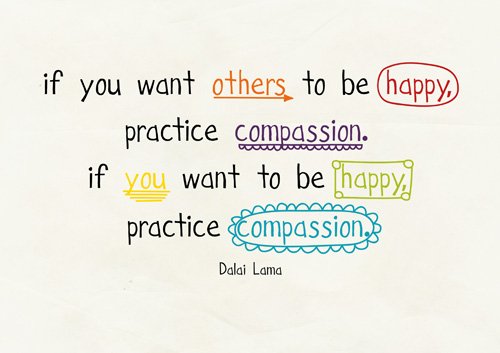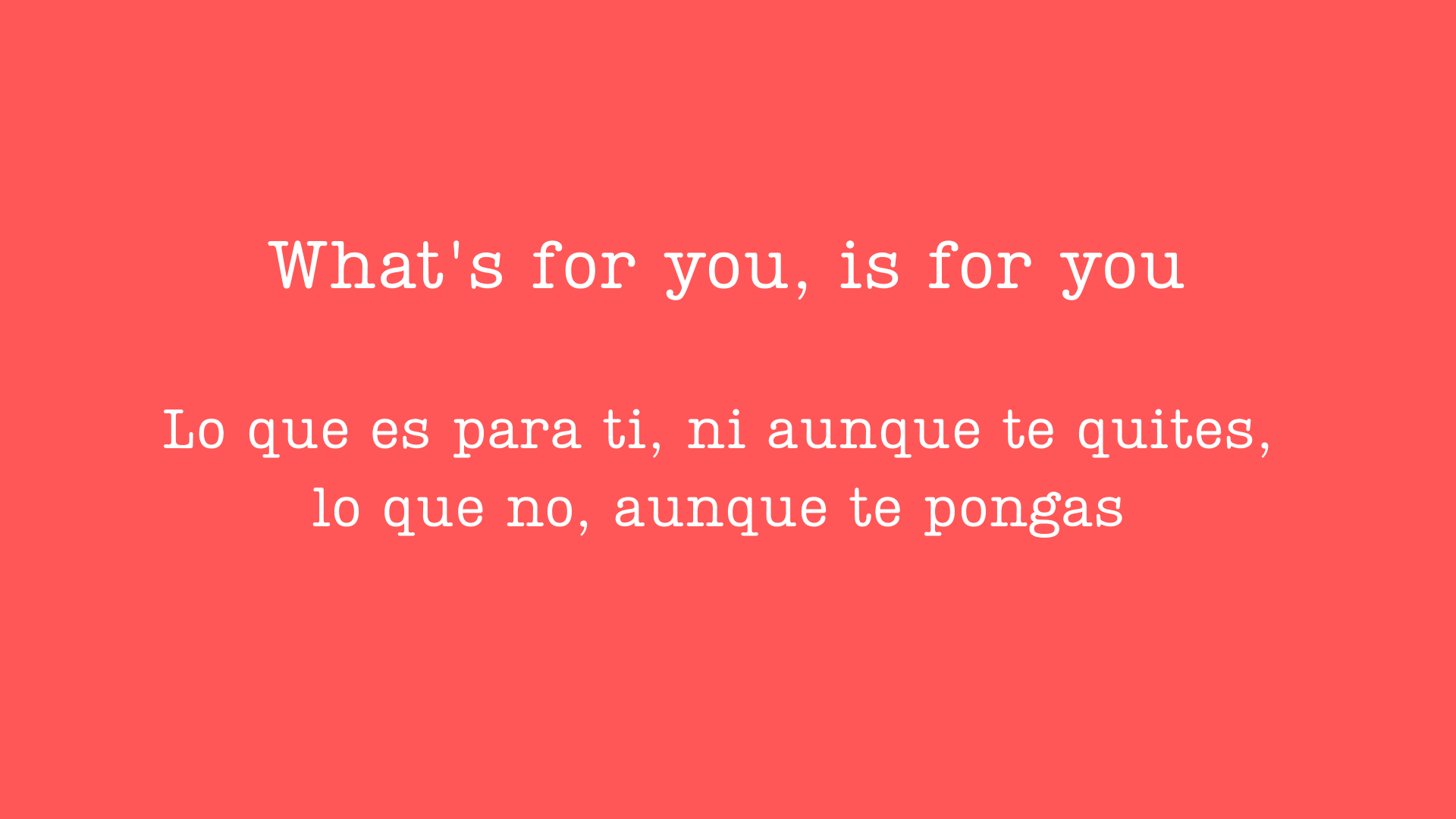Table of Contents
ToggleLast Updated on March 18, 2025 by Lisa
I suppose the first question isn’t How to Have Compassion but why?
I don’t know if you’ve noticed but there’s ALOT going on in the world right now. People are suffering from heartbreak, health challenges and job losses.
If there’s one thing that can change the world it’s more kindness, compassion and understanding.
But why?
It turns out there’s a lot to be said for compassion, and it’s not just that it builds better relationships. It’s also good for your health.
According to mental health experts, compassionate behaviour provides a buffer against stress, reducing stress and improving our emotional well-being.
Why Do You Need Compassion Now?
I’ve just said this but I feel like it needs to be said again.
The world is crazy. To me it’s just a crazy place right now. Maybe it always has been and my perception has changed but it seems just wild lately.
The ONLY way I’ve found to navigate the craziness is through my closest friends, through doing things that make me happy, through meditation and compassion; for myself and others.
I feel like we all are fighting a million battles that others can’t see. The only way is through is with kindness.
What is Compassion Anyway?

There are a million super clever scientists and academics who’ve given great descriptions of compassion. I like this definition by the Dalai Lama; It is a mental attitude based on the wish for others to be free of their suffering.
The way I see it, life on planet Earth can be a bitch. Everyone has their thing; some people battle with their health, others in relationships, and others with their bodies (and carbs).
Life is both heaven and hell and then each of us have our challenges going on; internal and external.
Sure there are some really evil people but for the most part, we’re all just muddling around.
So if you get that all of us are suffering then it’s easier to have compassion and have empathy for others.
Compassion isn’t pity. It doesn’t mean you don’t set boundaries. It also doesn’t mean you don’t express your opinion.
Compassion is Not Pity
If compassion is kindness then pity is a robber. Having pity for someone means robbing them of their ability to be the leader in their own choices.
Pity is kindness from an up position; as if you know better than the other.
So How Do You Have Compassion?
When someone is going through something difficult, it’s NOT the time to say “lighten up” or “don’t worry, it’s fine“.
It’s obviously not fine for that person.
I was going through some major challenges around fear and a friend of mine sent me an image that had a quote that said; “faith or fear – your choice“.
I felt so angry! How could she think I was choosing fear?!
So instead of giving toxic positivity, try;
1. Put yourself in someone else’s shoes
When we look at someone’s situation, we often look at it from our experience, from our attitudes, beliefs and judgement.
Actually usually when you judge someone it’s for a reason more close to home and something to look at within yourself. I.e. it’s your issue.
What if you put yourself in someone else’s shoes? Maybe their response would make sense?
Doesn’t mean you have to put up with bad behaviour. Never but perhaps someone’s response to a situation might have some sense given their context.
2. Practice self-compassion
There’s so much work on HTFU (harden the f-up) and it makes sense. We need to develop resilience to overcome our obstacles.
But it doesn’t come at the cost of having self-compassion.
Resilience and kindness can go together.
“Instead of mercilessly judging and criticizing yourself for various inadequacies or shortcomings, self-compassion means you are kind and understanding when confronted with your failings – after all, who ever said you were supposed to be perfect?” Kristen Neff
3. Listen
How often do you listen to someone, ready to give them the answer that you KNOW is right? Listening is an art and a gift.
Practice truly listening to someone WITHOUT needing to give them a solution or an answer.
4. Get support
I’ve said it before but I really think everyone should have at least 5 to 10 sessions of therapy in their lives. I do believe that the world would be a different place.
At the very least you come out with more self awareness which goes a long way to your own happiness.
5. Do something kind and notice how you feel
Notice how you feel next time you do something kind for someone. See how you feel afterwards?
Now try doing kind something for yourself. How does that feel?
In both of the above instances notice how you feel; ideally, you want to feel comfortable doing things for others as well as for yourself.
If you’re happy doing things for others and not for yourself, welcome to the dark side of compassion.
The Dark Side of Compassion
What happens when you have too much compassion for others and not enough for yourself? You’re likely to burn out.
People often think that if you have compassion for others, you can’t say no.
If you can’t have boundaries, you’re suffering from a place of woundedness within yourself. Because you don’t feel you deserve better or because you can’t express how you feel. Then you may need support because you’re not in a place of compassion. You’re in a place of woundedness and pity.
To end off?
This my friends, is a journey. So close your eyes, put your hand on your heart and just let yourself tune in to yourself and breathe.



